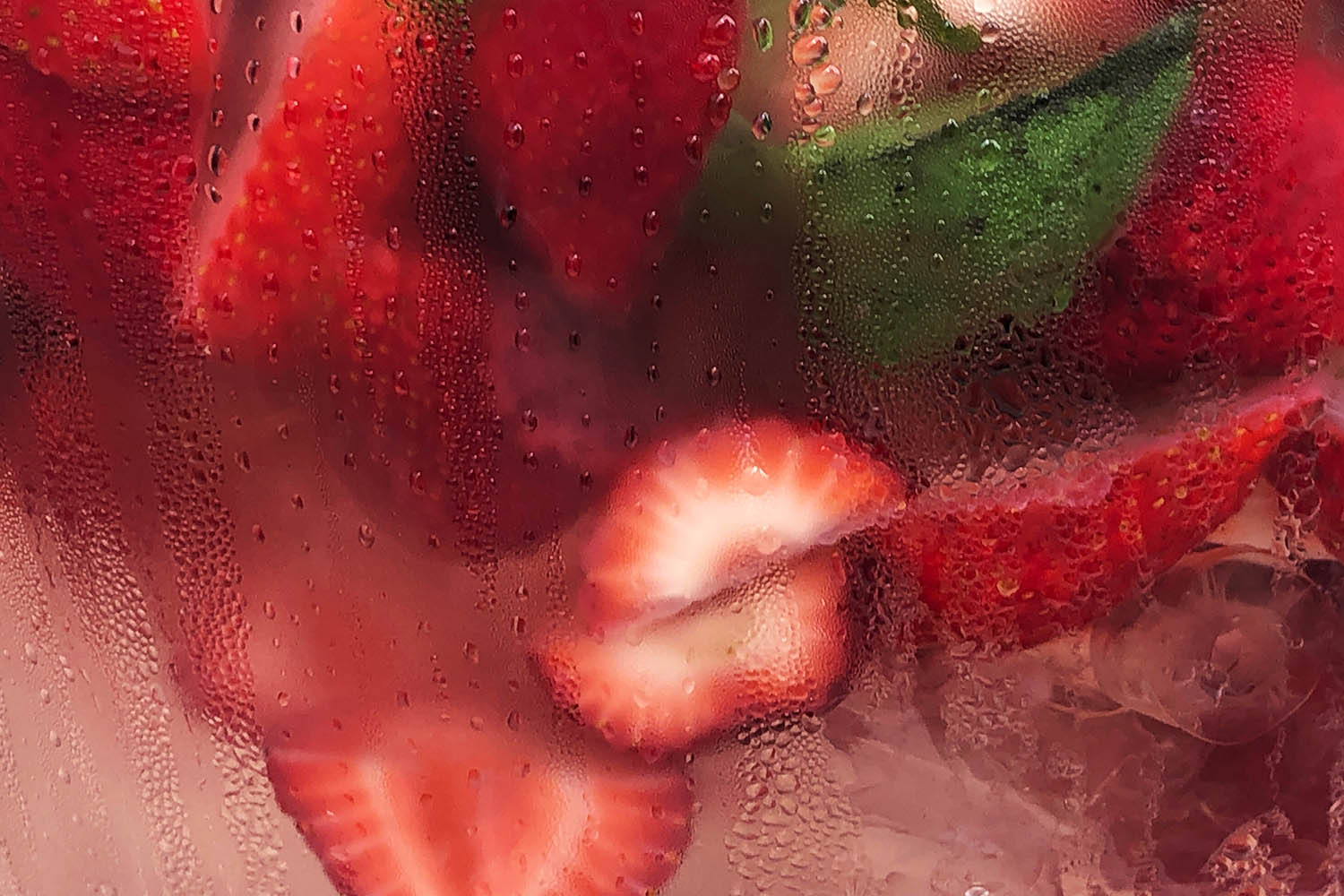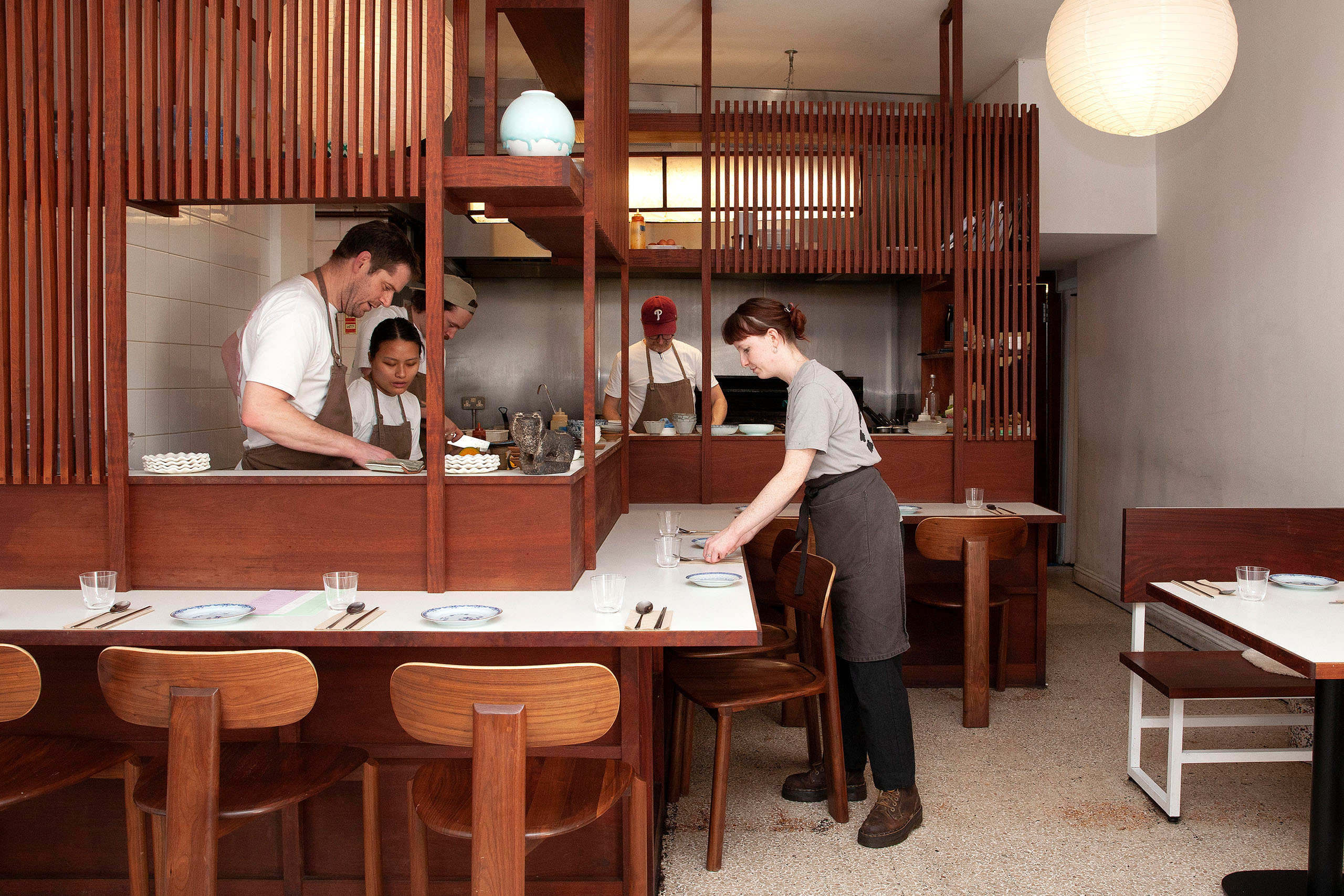I love summer food: apricots, greengages, melons; those precious weeks when the eating of salad turns from duty to craving. But what happens when summer is cancelled, the appetite disappearing faster than you can say hosepipe ban? Everyone tells you it’s more important than ever to eat – and yet, nothing tempts. As I write, safely at home after two horrible weeks in hospital, a waiter in a white jacket could park a trolley with an iced silver bowl of tiny wild strawberries on it right in front of my nose, and I’d struggle to show any interest. Sugar and jersey cream? The question has me turning my face to the wall.
As Agnes Jekyll rather coldly quips in her book Kitchen Essays, ill health may be said to resemble greatness in that some are born to it, some achieve it and some have it thrust upon them. I’m in the latter camp, my illness sudden and brutal, and it has transformed me. Once, I was greedy, unashamedly so. Now I’m a strange sparrow, struggling to peck at a bowl of cornflakes. I realise, suddenly, how little we busy 21st-century people talk of recuperation: of what used to be called food for invalids. After the pandemic, the doctor Gavin Francis wrote the short, very human Recovery: the Lost Art of Convalescence, in which he sought to remind us of how hard it can be to get better, and how much time and effort it requires. But no sooner had it been published than the world had moved on, fortifying broth once again the province only of dodgy influencers.
Before I left the hospital, my stomach now the size of a golf ball, a doctor told me cheerily that healthy eating was henceforth out of the window. He urged me to eat what I wanted, when I wanted; little and often was to be my mantra. In theory, this sounded fine. But when I came to scroll through the possibilities – a slice of apple? A jelly baby? A bowl of pasta? – queasiness trailed me like a long, white veil. There was nothing whatsoever I could countenance.
In the garden was everything I needed to eat without noticing that I was eating
In the garden was everything I needed to eat without noticing that I was eating
At home, my husband spoke gently of the possibilities of supper, and the mere words made me shudder. For 24 hours, I did not so much as enter the kitchen. Meanwhile, upstairs in bed, I read, from between half-closed eyes, Jekyll’s essay about “tray food”, in which she writes of the importance of harmonising napkins and recommends a savoury custard to be served with melba toast (she was, you understand, writing in the 1920s and, like most of her then readers, in possession of hot and cold running servants). Oh! I thought. Ugh, ugh. Hours passed, and still my guts shrivelled.
But there is, it turns out, a trick to these things. The day after I left hospital was my birthday (the gods of the stethoscope are both cruel and kind). I felt grim: a cricket square away from absolute despondency. So when T began telling me that at 5pm he hoped I’d make it outside to the garden, the better that we might drink a toast, I thought he’d lost his mind. Each step, once I finally dragged myself from beneath the sheets, might as well have been a mile. I wobbled and wailed all the way, certain that once I arrived, I would turn straight back round again. I couldn’t even impersonate my old self. My face was the colour of old bones, my long-neglected hair vertical, like the spines on an outraged porcupine.
In the garden, though, was everything I needed to eat without noticing that I was eating. He had smuggled in my sisters, and they sat at a table of food he had cleverly organised for them, not me: morsels of deliciousness to be picked at casually.
And so it began, the beginning of my recuperation. Propped in a deckchair, I watched them all for a while. I had the feeling that I’d like to please my team, but in the end, that wasn’t really it. Suddenly, I found that I wanted a tiny slice of salty cheese (it was Lincolnshire Poacher, my favourite); a scrap of ham seemed perfectly possible. I ate – not much, but enough – without really thinking about it, and when I woke up the next morning, even those wretched cornflakes seemed to be less of a problem.
Newsletters
Choose the newsletters you want to receive
View more
For information about how The Observer protects your data, read our Privacy Policy



